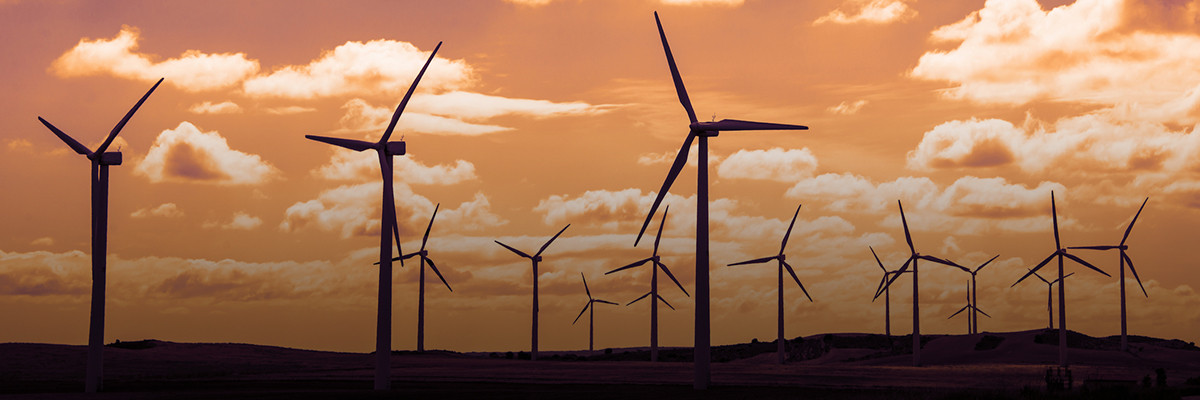
Authors
-
David Wei
Former Managing Director, Climate and Nature, BSR
-
Samantha Harris
Former Associate Director, BSR
In a part of Poland where local residents still have bags of coal delivered to heat their homes, the 2018 UN Climate Conference (COP24) in Katowice saw countries agree to rules on how they will measure and report progress to reduce carbon emissions under the Paris Agreement.
In the context of a challenging global political landscape on climate, crafting a single set of rules that brings the Paris Agreement to life was a significant achievement. But it’s important that we don’t confuse setting the rules of the road with strong climate leadership.
What’s at stake could not be clearer. COP24 began in the shadow of the IPCC’s Special Report on the impacts of 1.5°C of global warming. The report warned that failing to reach global net-zero emissions in 2050 would cause more extreme weather events, additional damage to coastal infrastructure and reduced food security. Achieving the 1.5°C goal would improve health, reduce poverty, and help build a sustainable, resilient economy that leaves no one behind.
Business ambition was on full display at COP24, with shipping giant AP Moller Maersk announcing a net-zero carbon goal by 2050, IKEA announcing 80 percent reductions of emissions from production processes by 2030, and American utility Xcel Energy announcing a switch to all zero-carbon power by mid-century.
Companies including Mars, Mahindra, and Microsoft urged governments to choose the economic opportunities of our zero-carbon future over the economic risks of our high-carbon present and past in their “Talanoa Dialogue” discussions with Ministers. This was backed up by the 500 companies now committed to the Paris-aligned emissions reductions known as science-based targets.
One of the early outcomes of COP24 was the conclusion of the Solidarity and Just Transition Silesia Declaration. It demonstrated that enhancing political will for climate action will depend on ensuring that the economic opportunities of the zero-carbon transition are widely shared, while minimizing disruption to people and communities. Governments who ignore the need for a just transition risk growing unemployment and even civil unrest.
Businesses made a joint call to action at the Global Climate Action Summit in September. At COP24, they joined investors, cities, and regions to call on governments to increase domestic policy ambition, develop long-term plans toward the net-zero economy, and help create quality jobs.
While the Paris rulebook underpins global ambition over time, COP24 fell short of an explicit commitment to improve domestic policies over the next two years. However, in the spirit of the Paris Agreement, a High Ambition Coalition—including Canada, the European Union, France, Germany, Italy, Spain, the United Kingdom, New Zealand, many small island states, and the group of Least Developed Countries—emerged to announce that they would step up ambition by 2020.
The High Ambition Coalition invites businesses and other sub-national actors to join them in this effort, and we encourage you to do so by email here.
For businesses digesting the impact of the COP24 outcome, the developments provide glimpses into our future.
- First, sub-national coalitions are steering us toward ambition. The We Are Still In movement in the U.S. and the Global Climate Action Summit demonstrate that together, businesses, investors, cities, and regions can be as impactful as national governments—or more.
- Second, the High Ambition Coalition is the way forward. In a fractured international political landscape, businesses taking strong climate action will find friends banding together and governments offering their hand. Progress will come from different constituencies arm in arm.
- Third, through rising support for the just transition, the climate and inclusive economy agendas will increasingly intersect. More and more, we must emphasize how climate action does not merely protect our environment. It reduces inequality, generates jobs and improves public goods like health.
For those willing to drive action toward a zero-carbon future, the next stop is already on the horizon—the UN Secretary General’s Climate Summit next September. By then, we will measure success not by the road underneath us, but by how fast we are going.
Find out how your company can take action.
Let’s talk about how BSR can help you to transform your business and achieve your sustainability goals.